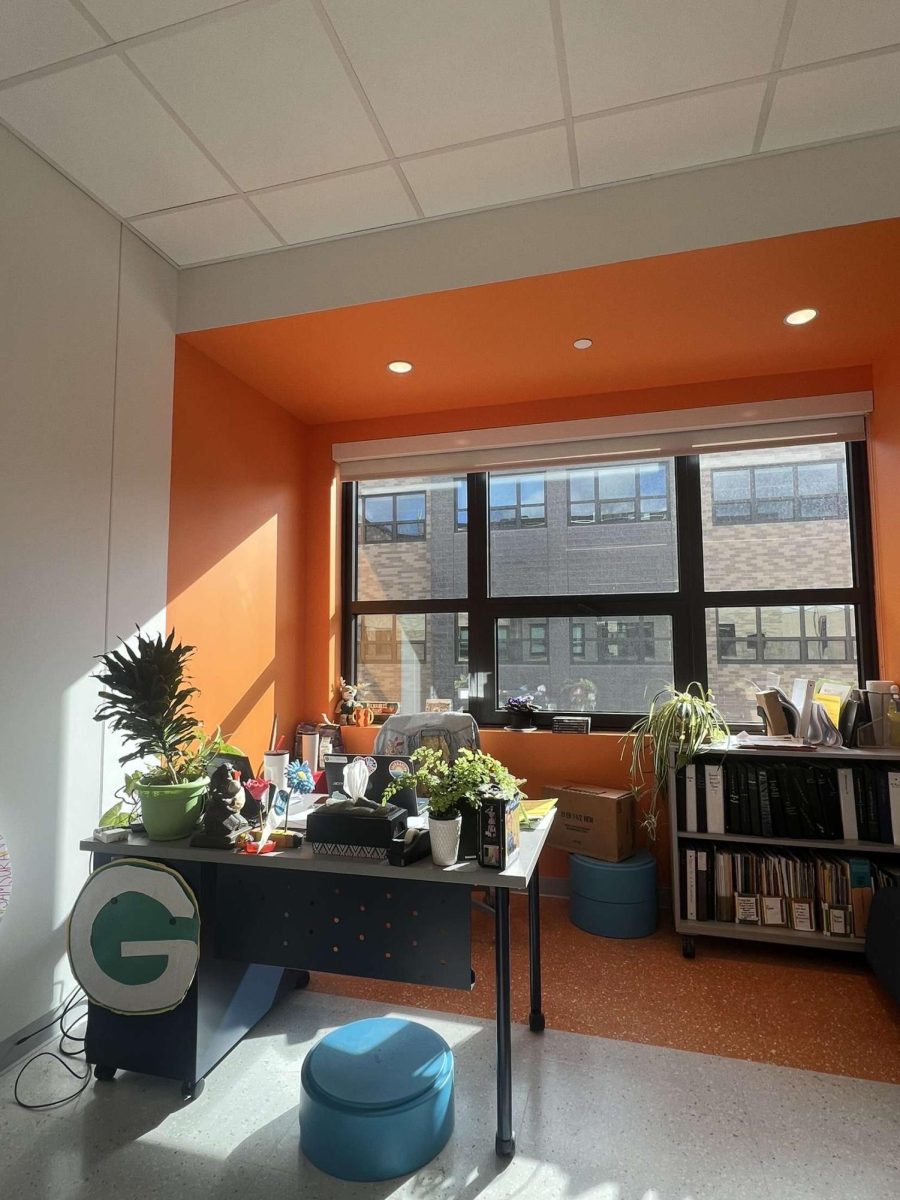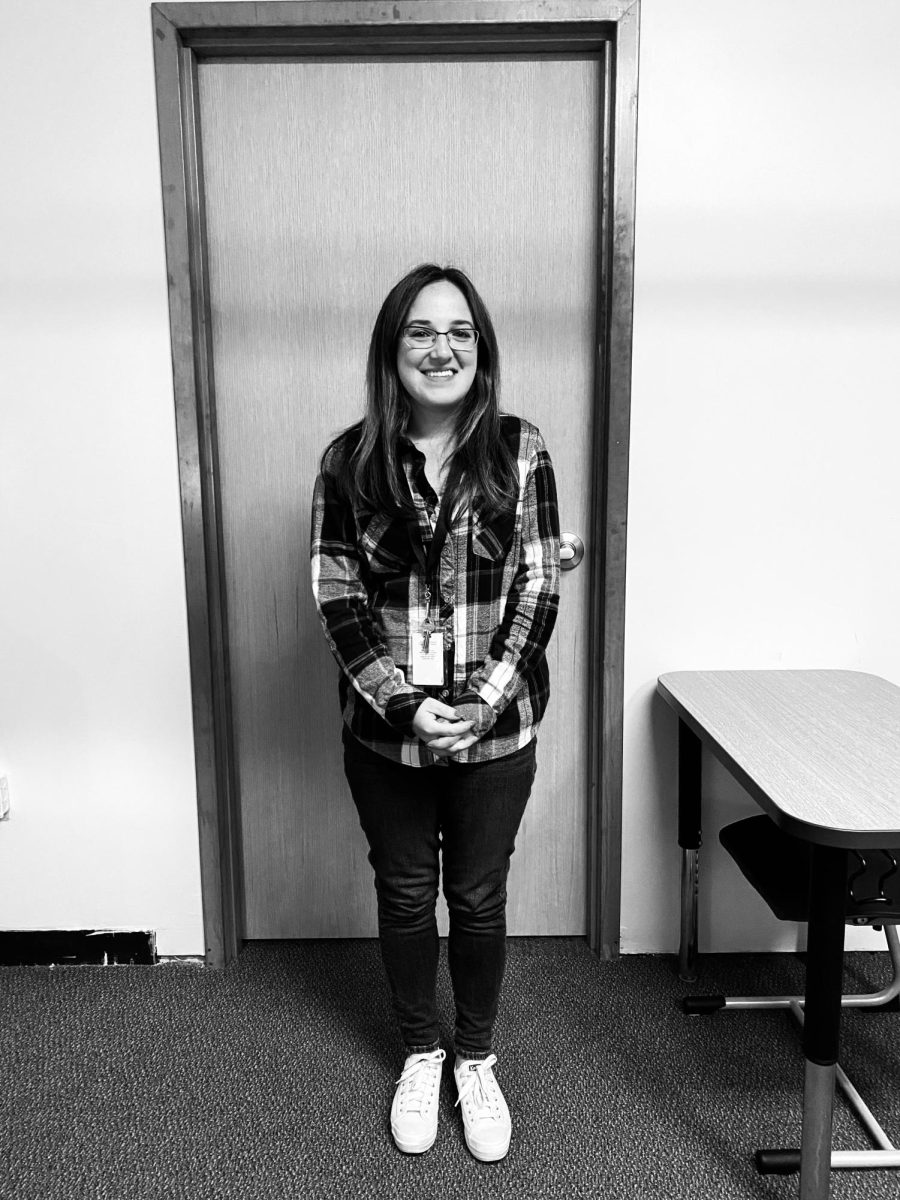
On November 4, Walpole voters voted to reject the $21.1 million Municipal Facilities Planning Override by a 55 to 45 percent margin—a difference of 1043 votes.
There was a large turnout town-wide for the override; overall, the percent of people who casted a ballot was 64%. The override lost in all precincts except Precinct 4, which contains the South Street Superfund site — the site of the proposed new buildings.
Walpole Town Meeting Representative Sam Obar said, “The main reason why the override failed was that people saw it as too much money and too many projects. Voters favored a much more modest approach to our facilities problem: one that did not involve tax hikes.”
Given Walpole’s unsuccessful track record when trying to pass a form of this override, the recent override failure is nothing unfamiliar. In 2006, an override to raise $10.5 million to fund a new police station lost by a 50.9 to 38.4 percent margin. Again in 2012, the Robbins Road Police Station override to raise $7.9 million for the project and increase taxes by $78 per family per year (declining each year over 20 years) lost by a landslide: 77 percent of citizens rejected it while only 19 percent approved.
In the future, the Board of Selectmen plans to reassess the building situation and is likely to develop another plan for voters in the June town election.
“The override failed because a lot of people thought we were trying to do too much at one time,” said Selectman Mark Gallivan. For this reason, selectmen have come up with one possible option for a future plan that is more appealing to voters: passing an override to fund a police station and senior center and to then focus on building a new fire station at a later date.
According to Obar, the new plan should create more reasonable approaches to gather funds for the new buildings. He said, “I hope selectmen consider the results of this resounding override defeat and instead propose construction of new facilities without raising taxes. It is feasible to do this, and has been done in other communities such as Carver, Bellingham, and Dedham.”
For now, however, voters have made their final decision not to fund the building of a new fire station, police station, and senior center. People are in support of new public buildings, but they want a plan that is better suited for the financial needs of the town and its residents. Walpole’s history with past override failures indicate that in order for voters to approve new construction, selectmen and taxpayers need to come up with a solution that does not significantly raise taxes. Gallivan suggests that a streamlined number of proposals will promote a more positive response from the community.
Throughout this year, Selectmen will continue to modify and resolve issues in the old override plan to better fit the public’s needs, hoping to start public construction in Walpole in the near future.







